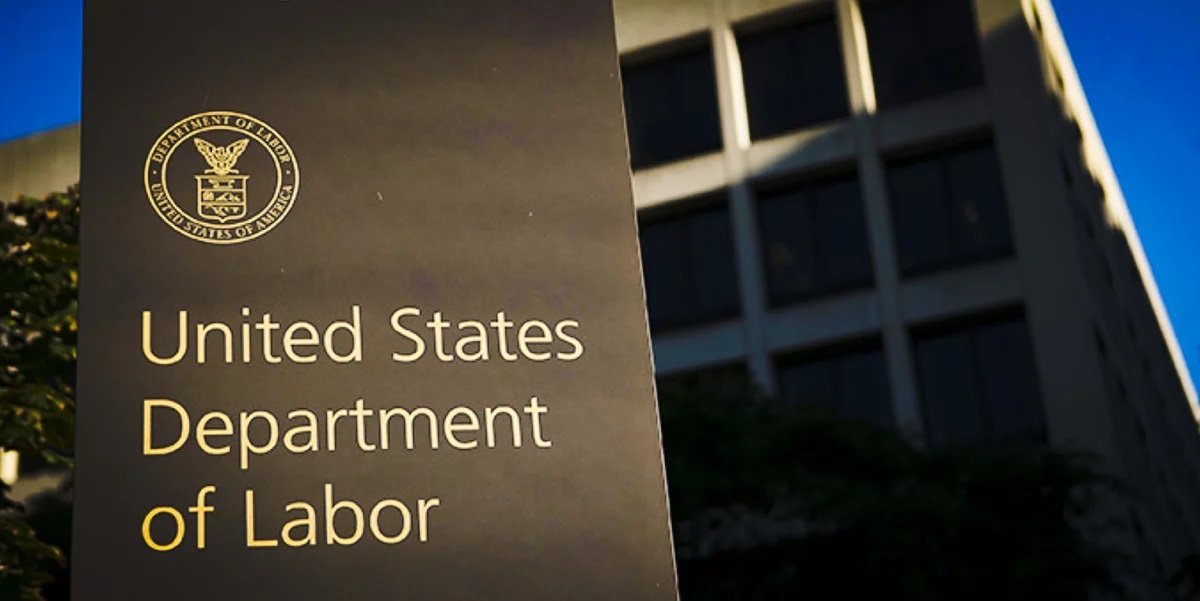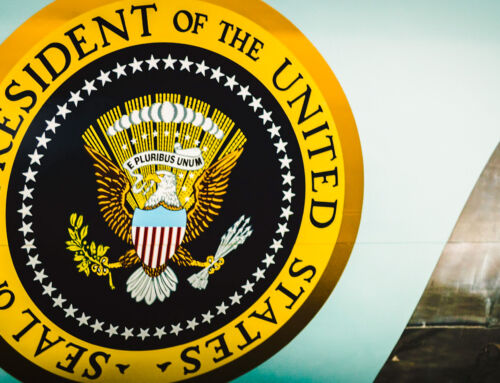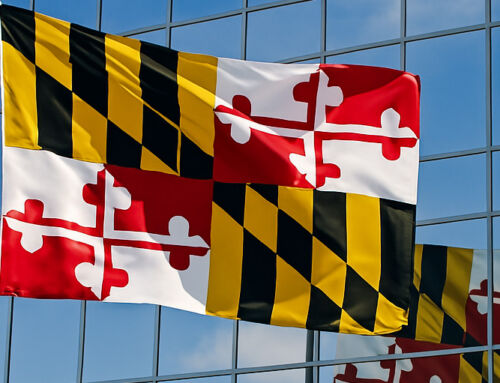View by Topic
Recent Articles
-
Migratory Bird Treaty Act Does Not Prohibit Incidental Take – AgainSaturday, April 19th, 2025
-
President Trump’s Bold Step to Rein in State Overreach in Climate ChangeSaturday, April 12th, 2025
-
Mandatory GHG Disclosures in Maryland Real Estate ContractsSaturday, April 5th, 2025
-
NYC Building Electrification Ruling is Interesting But Not a Game ChangerSaturday, March 29th, 2025
-
Greenpeace Ordered to Pay $667M in Blow to ActivismSaturday, March 22nd, 2025
View by Month/Year
“Green Building Law Update” Headlines
Recent Articles & News from
Stuart Kaplow’s blog
at GreenBuildingLawUpdate.com
- Migratory Bird Treaty Act Does Not Prohibit Incidental Take – Again April 20, 2025
- President Trump’s Bold Step to Rein in State Overreach in Climate Change April 13, 2025
- Mandatory GHG Disclosures in Maryland Real Estate Contracts April 6, 2025
- NYC Building Electrification Ruling is Interesting But Not a Game Changer March 30, 2025
Subscribe to the Green Building Law Update!
Stuart Kaplow brings his expertise and extensive experience to the table with his unique digital publication, "Green Building Law Update". Subscribers receive regular updates to keep them informed about important issues surrounding Environmental Law, Green Building & Real Estate Law, as well as the emerging demand for Environmental Social Governance (ESG).
Get fresh content through the lense of Stuart Kaplow's cutting-edge expertise, innovative commentary and insider perspective. Don't miss another issue! Subscribe below.

Department of Labor Proposes to Remove Barriers to Considering ESG in Plan Management
The U.S. Department of Labor is soliciting public comments on the proposed rule announced last month that would remove barriers to retirement plan fiduciaries’ ability to consider climate change and other environmental, social and governance (ESG) factors when they select investments and exercise shareholder rights.
The proposed rule, “Prudence and Loyalty in Selecting Plan Investments and Exercising Shareholder Rights,” is an about face from the existing rules of the Department, which were characterized as having a “chilling effect on environmental, social and governance investments” by Acting Assistant Secretary for the Employee Benefits Security Administration Ali Khawar, who went on to say, “A principal idea underlying the proposal is that climate change and other ESG factors can be financially material and when they are, considering them will inevitably lead to better long-term risk-adjusted returns.”
This 180 degree turn to the left from the position of the prior Administration, is consistent with the April announcement by the Department that it would not enforce certain final rules of the prior Administration.
By way of background, on Nov. 13, 2020, Labor published a final rule on “Financial Factors in Selecting Plan Investments,” which adopted amendments to the “Investment Duties” regulation under Title I of ERISA. The amendments generally require plan fiduciaries to select investments and investment courses of action based solely on consideration of “pecuniary factors.” On Dec. 16, 2020, Labor published a final rule on “Fiduciary Duties Regarding Proxy Voting and Shareholder Rights,” which also adopted amendments to the Investment Duties regulation to address obligations of plan fiduciaries under ERISA when voting proxies and exercising other shareholder rights in connection with plan investments in shares of stock. Last month’s proposed rule would all but reverse both of those prior rules.
The proposed rule acknowledges the “Department has a longstanding position that fiduciaries may not sacrifice investment returns or assume greater investment risks as a means of promoting collateral social policy goals,” which is consistent with decades old federal statutes. But just as the prior Administration did not seek Congressional approval for its edicts, this proposed rule is similarly, “non-regulatory guidance.”
But make no mistake, this proposed action by the Department, including recognizing once again that “fiduciaries can make investment decisions that reflect climate change and other environmental, social, or governance (“ESG”) considerations, including climate-related financial risk” is key to removing existing prohibitions to the current Administration’s efforts in driving matters of ESG.
Moreover, the rule, when enacted, will continue the all but exploding growth opportunities in ESG (even as some caution sustainable investing looks a lot like the dotcom bubble of the late 1990s).
And even before this rule is final, given that the deferral government is not enforcing the existing rules, ESG metrics are continuing to pull in lots of money and will be a driver across the economy.
The proposed rule has a comment period that runs through December 13, 2021.









